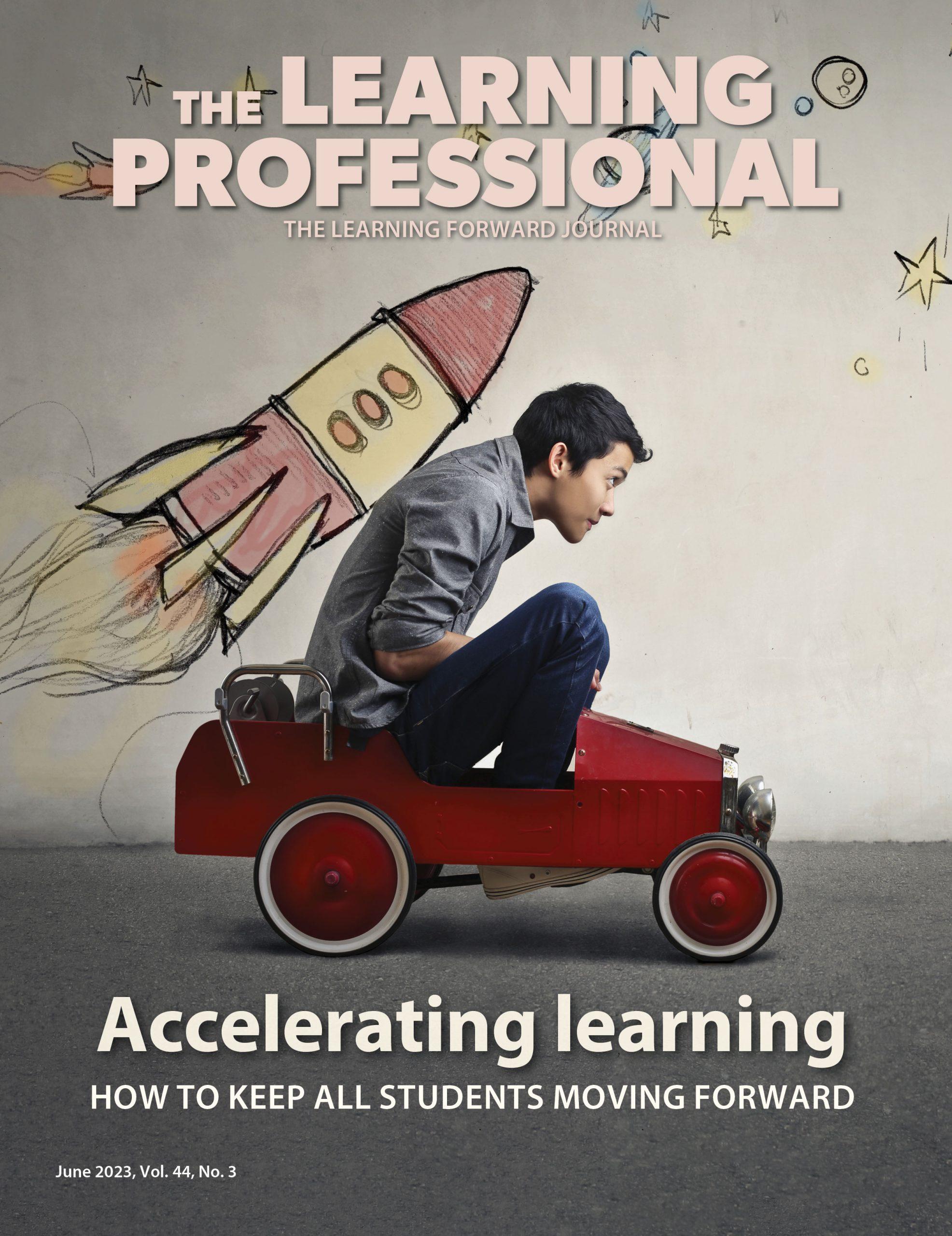FOCUS
The Equitable Classroom
Cultural proficiency is a skill set that all American teachers must have
By Jon Saphier
December 2017
Read the remaining content with membership access. Join or log in below to continue.
Sed ut perspiciatis unde omnis iste natus error sit voluptatem accusantium doloremque laudantium, totam rem aperiam, eaque ipsa quae ab illo inventore veritatis et quasi architecto beatae vitae dicta sunt explicabo. Nemo enim ipsam voluptatem quia voluptas sit aspernatur aut odit aut fugit, sed quia consequuntur magni dolores eos qui ratione voluptatem sequi nesciunt. Neque porro quisquam est, qui dolorem ipsum quia dolor sit amet, consectetur, adipisci velit, sed quia non numquam eius modi tempora incidunt ut labore et dolore magnam aliquam quaerat voluptatem.
References
Bellon, J.J., Bellon, E.C., & Blank, M.A. (1991). Teaching from a research knowledge base: A development and renewal process. Upper Saddle River, NJ: Prentice Hall.
Hammond, Z. (2015). Culturally responsive teaching and the brain. Thousand Oaks, CA: Corwin.
Hattie, J. (2009). Visible learning: A synthesis of over 800 meta-analyses relating to achievement. New York, NY: Routledge.
Marzano, R., Pickering, D., & Pollock, J.E. (2001). Classroom instruction that works: Research-based strategies for increasing student achievement. Alexandria, VA: ASCD.
Reardon, S.F. (2013, May). The widening income achievement gap. Educational Leadership, 70(8), 10-16.
Saphier, J., Haley-Speca, M., & Gower, R. (2018) The skillful teacher (7th ed.). Acton, MA: Research for Better Teaching.
Steele, C. (2010). Whistling Vivaldi. New York, NY: W.W. Norton.
Recent Issues
TAKING THE NEXT STEP
December 2023
Professional learning can open up new roles and challenges and help...
REACHING ALL LEARNERS
October 2023
Both special education and general education teachers need support to help...
THE TIME DILEMMA
August 2023
Prioritizing professional learning time is an investment in educators and...
ACCELERATING LEARNING
June 2023
Acceleration aims to ensure all students overcome learning gaps to do...










